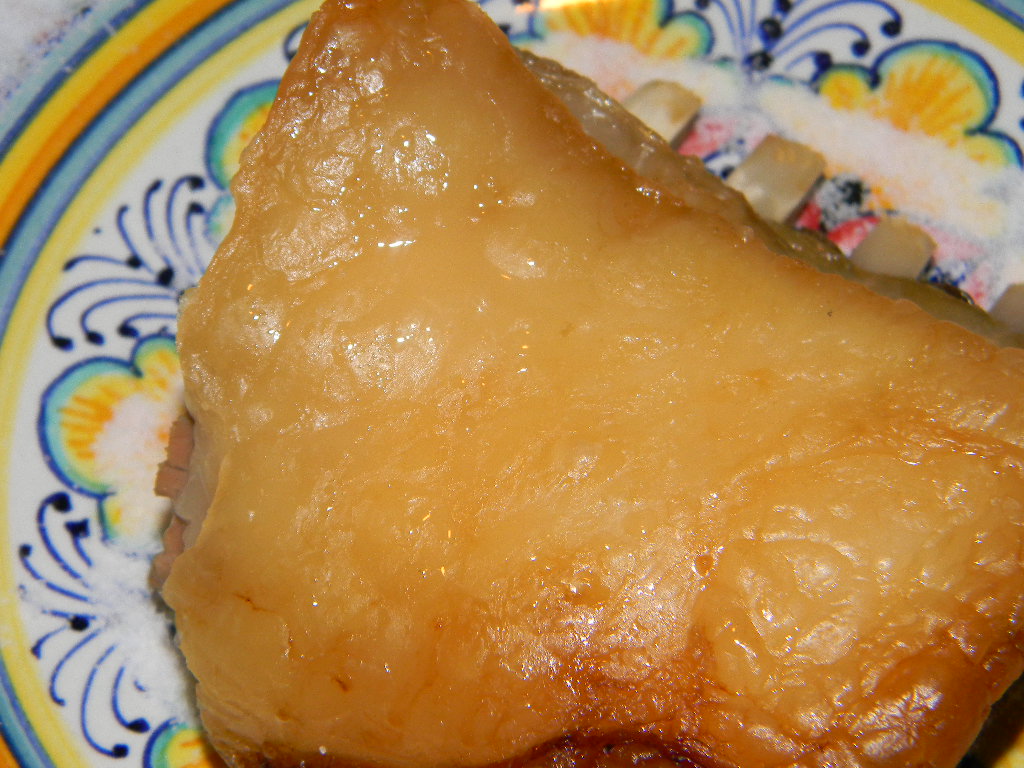Three years ago, I lost my mother to glioblastoma multiforme (GBM) brain tumor. During that time, I did a lot of reading about how the ketogenic diet could possibly be useful in helping to treat brain tumors as well as other cancers. I wish I could have convinced her to try it.
There are many leading doctors and researchers who are using a ketogenic diet as part of an approach to treat cancer. In addition, some patients themselves have had some success in stopping tumor growth.
Here are some links for further reading, if you are interested:
http://mybraincancerstory.blogspot.com/
Andrew Scarborough: In 2013 I was diagnosed with an incurable malignant brain tumour. I have created this blog to share my experiences.
http://www.bc.edu/schools/cas/biology/facadmin/seyfried.html
Dr. Seyfried published a groundbreaking treatise entitled, Cancer as a Metabolic Disease: On the Origin, Management, and Prevention of Cancer (Wiley,
1st ed., 2012). The treatise provides extensive information showing
that cancer can be best defined as a mitochondrial metabolic disease
rather than as a genetic disease. This new concept has implications for
the development of new non-toxic cancer therapies including the
ketogenic diet.
 |
Pastured hen with smoked salt, note the nice golden fat!
|
http://www.dominicdagostino.com/
The recent RECHARGE trail by Eugene Fine et al. (2012)
supports the observation that a carbohydrate restricted KD (and reduced insulin) helps to manage all forms of cancer. Metabolic therapy should be the first option....
http://colinchamp.com/periodic-ketogenic-diet-protocol/
Retrospective data suggests that low serum glucose levels during the treatment of
glioblastoma multiforme (GBM) may improve clinical outcomes. As such, many patients are implementing a ketogenic diet (KD) in order to decrease serum glucose flux while
simultaneously elevating circulating ketones....


Comments
Post a Comment